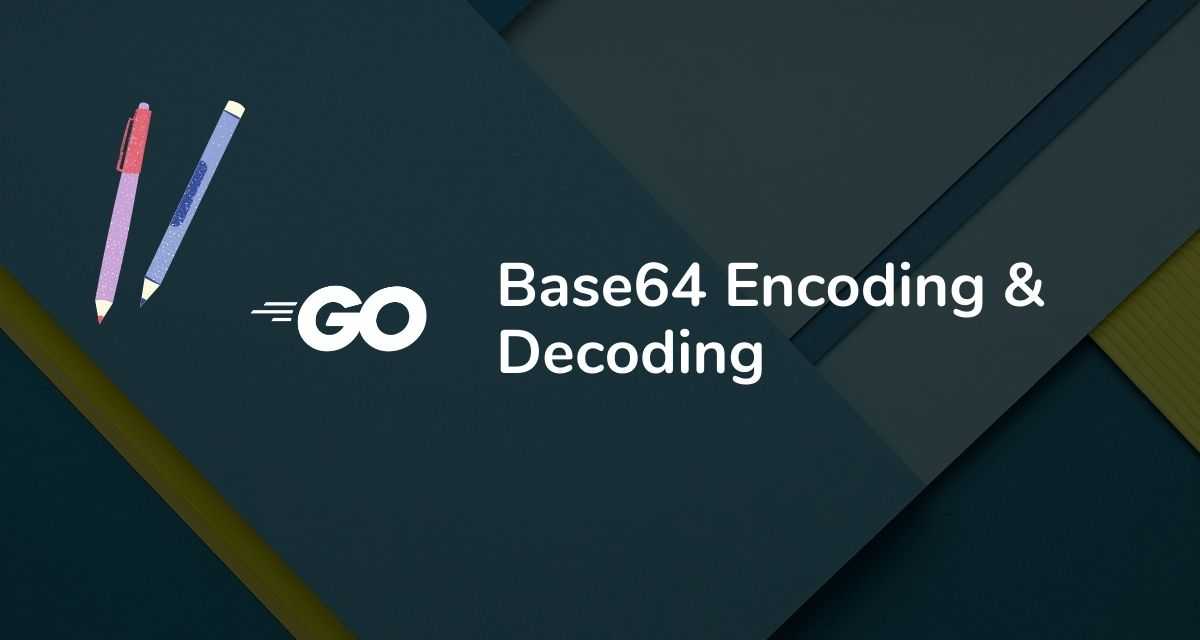
These three values are joined together into a 24-bit string, producing 010011010110000101101110. Encoded in ASCII, the characters M, a, and n are stored as the byte values 77, 97, and 110, which are the 8-bit binary values 01001101, 01100001, and 01101110. In the above quote, the encoded value of Man is TWFu. Here is a well-known idiom from distributed computing: The more typical use is to encode binary data (such as an image) the resulting Base64 data will only contain 64 different ASCII characters, all of which can reliably be transferred across systems that may corrupt the raw source bytes. The example below uses ASCII text for simplicity, but this is not a typical use case, as it can already be safely transferred across all systems that can handle Base64. This is the Base64 alphabet defined in RFC 4648 §4. For instance, uuencode uses uppercase letters, digits, and many punctuation characters, but no lowercase. The earliest instances of this type of encoding were created for dial-up communication between systems running the same OS, for example, uuencode for UNIX and BinHex for the TRS-80 (later adapted for the Macintosh), and could therefore make more assumptions about what characters were safe to use. Other variations share this property but differ in the symbols chosen for the last two values an example is UTF-7. For example, MIME's Base64 implementation uses A– Z, a– z, and 0– 9 for the first 62 values. This combination leaves the data unlikely to be modified in transit through information systems, such as email, that were traditionally not 8-bit clean. For mostly flat param trees, application/x-The general strategy is to choose 64 characters that are common to most encodings and that are also printable.For complex data (especially array/nested object parameters) or if you already return JSON and want to be consistent: consider application/json.If you must choose one request body for your API, go with whatever works for your use case. Always sanitize user input, don't bite off more than you can chew, etc.

If you can do so securely, support both content types. Neither of them are particularly great:įor larger payloads, you may be saving bytes with JSON as well. The following are two patterns I've seen for sending an array called a with members b and c. Sending any kind of complex data with application/x-ideal.
#SUPERAGENT BASE64 ENCODING CODE#
I'd recommend not trying to circumvent CORS in this regard unless you find there's a significant performance opportunity and minimal additional code complexity. No Authorization headers, Cache-Control, Keep-Alive, etc. The application/json Content-Type isn't on the list, so using this for requests will result in preflight requests. As long as your HTTP requests stay within this whitelist, no preflight requests are sent. Preflight OPTIONS requests are always sent with JSONĮssentially, there's a whitelist of request properties and values.
#SUPERAGENT BASE64 ENCODING UPDATE#
In the PUT or POST, you represent the properties of the object you wish to update as form urlencoded key/value pairs.

Twilio, the market leader for SMS, is on the same page:Ĭreating or updating a resource involves performing an HTTP PUT or HTTP POST to a resource URI. Our API has predictable resource-oriented URLs, accepts form-encoded request bodies, returns JSON-encoded responses, and uses standard HTTP response codes, authentication, and verbsĪnd it's not just them. I commonly see Stripe referred to as the gold standard as far as API quality. URL encoding is used by some of the best APIs out there Whereas application/json doesn't allow toggling nor describing individual keys: On the other hand, tools like Postman are much easier to work with when using application/x-www-form-urlencoded: It's not really a significant amount of boilerplate, but it's something I've run into in the past. Enter fullscreen mode Exit fullscreen mode


 0 kommentar(er)
0 kommentar(er)
